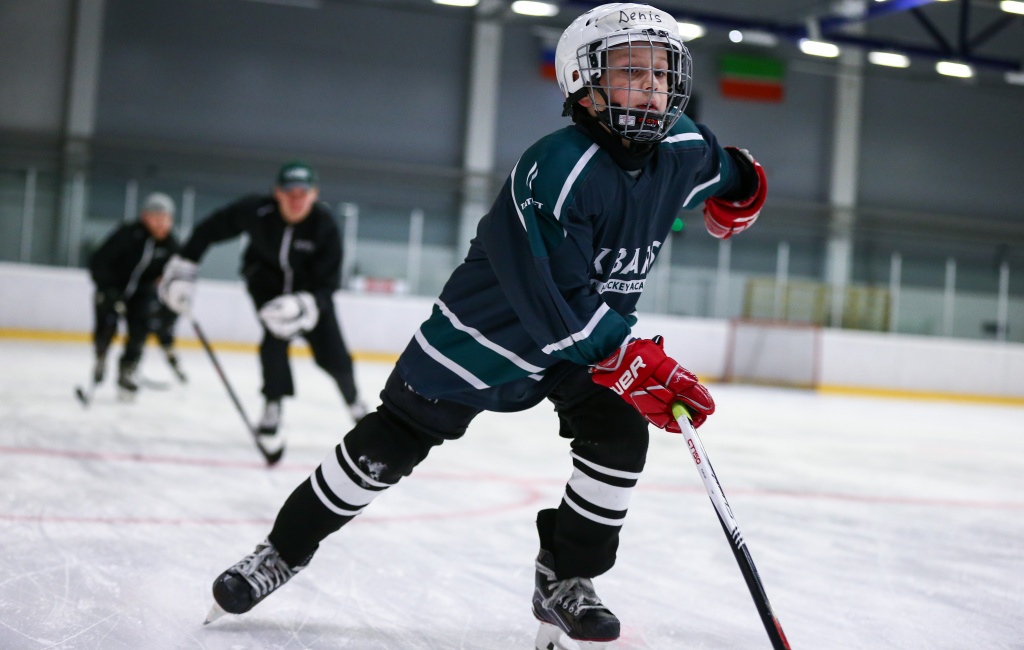Профессиональные требования к подготовленности хоккеиста

There are 4 types of professional competences of a hockey player in the Corporate Professional Standard:
-
Competence in the framework of general and special physical preparedness.
-
Technical and tactical preparedness.
-
Sports and psychological preparedness.
-
Theoretical preparedness.
Thus, all the knowledge and skills that a hockey player should have are structured within the framework of the proposed classification.
1. General and special physical preparedness of a hockey player presupposes his work on the constant development of his physical qualities. For this purpose the athlete must:
-
control his physical and mental condition;
-
regularly train himself to maintain his physical fitness in accordance with the team and individual plan;
-
take care of his health; carefully follow all recommendations of the team and individual recovery activities program;
-
possess theoretical knowledge and practical skills to determine the level of his physical fitness.
2. Within the framework of technical and tactical training the athlete must:
-
possess theoretical knowledge and practical skills to perform control exercises that determine his level of technical and tactical training;
-
know the basics and features of the hockey techniques;
-
possess the skills of skating, stickhandling, and power fighting; constantly improve these skills in accordance with the team and individual plans;
-
constantly improve the skills of individual, group and team tactical training.
3. Sports-psychological aspects of a hockey player preparedness implies the ability to control their psychological state and readiness to perform the required amount of work in course of training and competitive process. A hockey player must:
-
know the ideology and philosophy of hockey adopted in the team;
-
set individual goals, including self-development and self-training goals;
-
strictly observe the norms of behaviour adopted in the team;
-
be able to overcome obstacles on the way to the goal set by the head coach and his assistants.
4. The theoretical preparedness of a hockey player is based on his knowledge of the basic foundations of hockey as a sport. Thus it is mandatory for the athlete to:
-
comply with the rules of anti-doping and anti-drug provisions;
-
comply with international standards of the World Anti-Doping Agency and Doping Rules adopted in the Russian Federation;
-
know and follow the rules of the doping control procedure;
-
provide first aid;
-
comply with the order of medical examination procedures;
-
control the regimen of training, rest, sports nutrition;
-
know the "Official book of rules" of the hockey;
-
know and follow the rules of competition activity;
-
be informed about the team's training, competition and recovery plans for the season;
-
strictly follow the sanitary and hygienic rules;
-
comply with the player's corporate standard accepted in the team.
Every parent should understand what professional and personal qualities should have a real hockey player when enrolling a child into the Hockey Academy. Parents should be aware that in order to achieve the level of a professional sportsman, the child and they themselves have to make a lot of effort, this sport will take every spare moment.
Hockey instills discipline and a sense of responsibility. The habit to keep regular hours and lead a healthy lifestyle will remain with the child for a long time regardless of his future career in sports. The main thing to learn is that success in sports depends not only on the natural talent and the efforts of the coach but also on the perseverance, commitment and passion for the sport of a sportsman.




